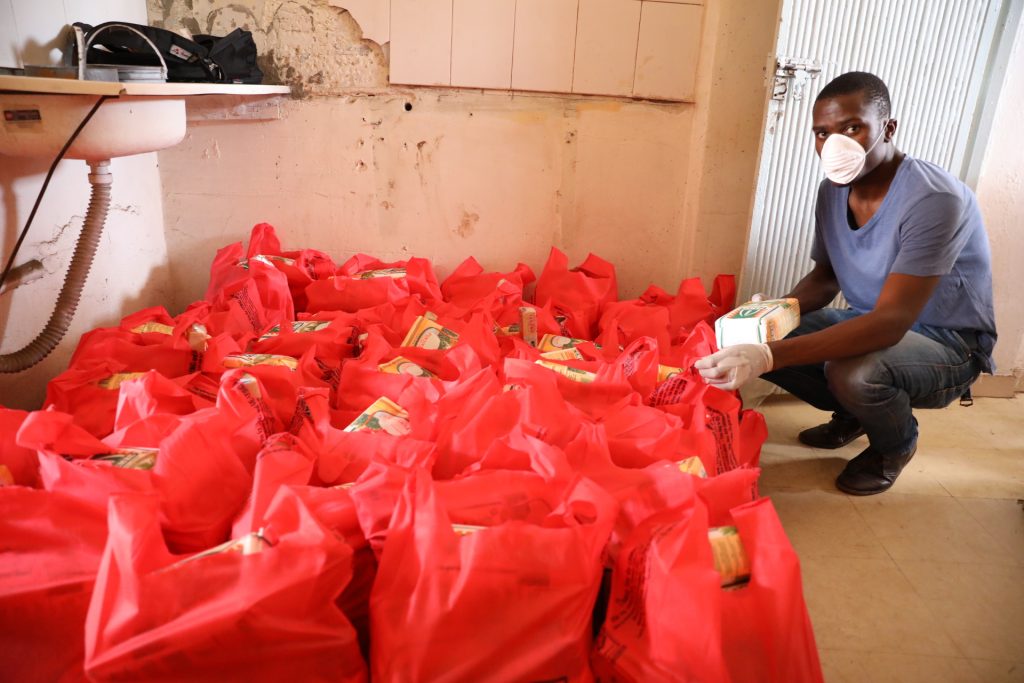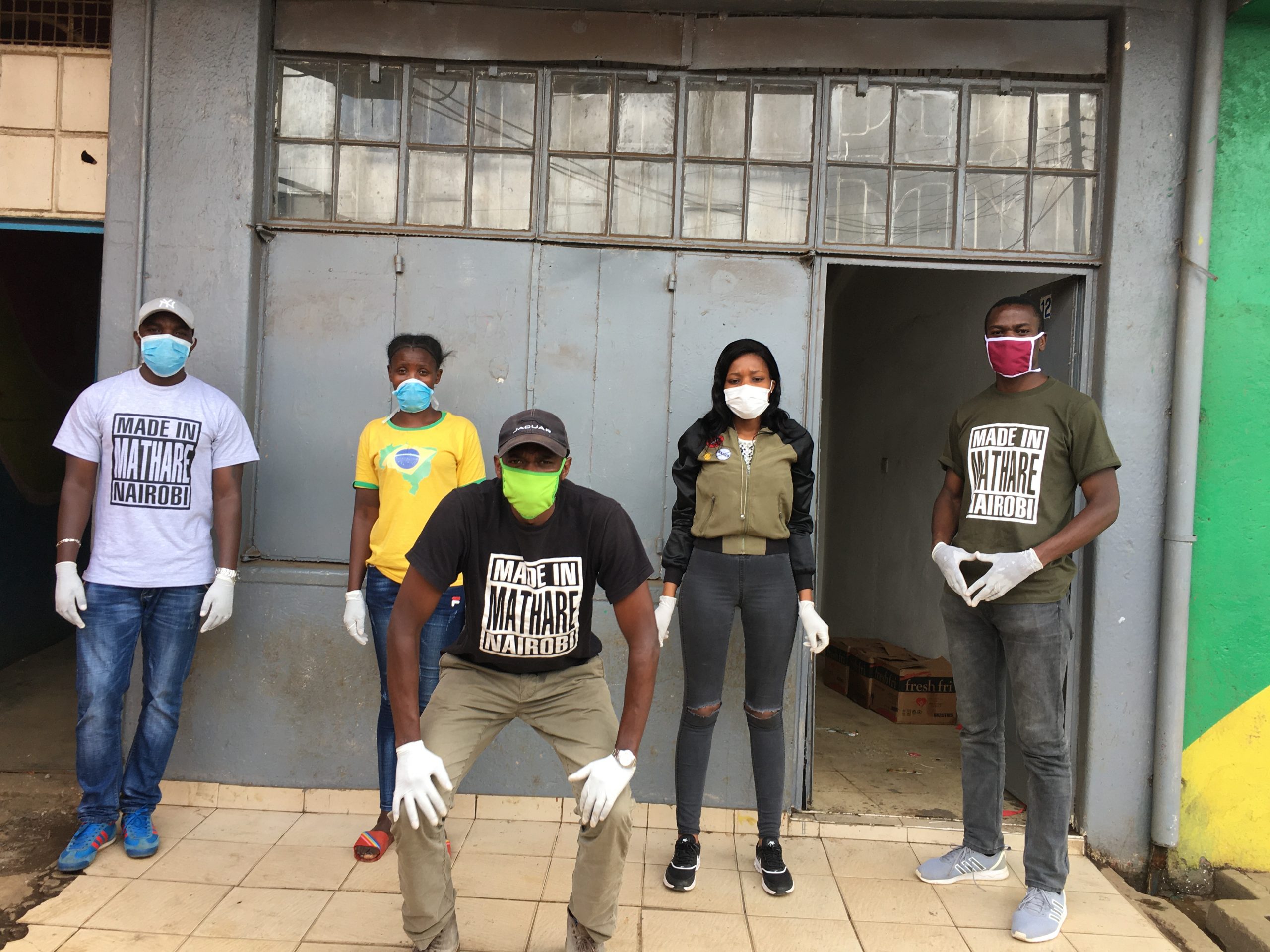In 2016, the United Nations Human Settlements Programme (UN-HABITAT) noted that urbanization is on the rise. There is a reduced capacity to match the needs of urbanization effectively due to reasons such as rural-to-urban migration, and this seems to exacerbate urban poverty and inequalities. Unfortunately, the coronavirus pandemic has demonstrated that the reality of urban management and governance is even more challenging. Many people, especially ones in urban areas, are at risk due to lack of water as well as the impossibility of preventive measures such as physical distancing.

It seems like the world has stopped since the outbreak of the COVID-19. Indeed, the coronavirus has disrupted and halted all kinds of activities that are essential in our everyday lives. Students are forced to learn online; people can no longer gather in one place to worship; and a number of people have lost their sources of income.
This problematic situation is expected to worsen during the global pandemic, showing people the darker side of humanity, including unfortunate news about racial discrimination, hoarding of essential items, many people losing their source of income and, understandably, the rate of anxiety is going up. However, there is still hope, as the situation is also bringing out the best in many people.

Lucas Odhiambo is a UN Volunteer with UNICEF Kenya. He grew up Mathare, a widely known slum in the urban area of Nairobi, Kenya. To help respond to COVID-19 in the informal settlements, Lucas collaborated with other young people and well-wishers to raise funds to support 210 needy families in the area. Along with the fundraising, Lucas and others supporting the COVID-19 response also planned to circulate food packages to families in need. A package contains 5kg of maize flour, 2kg of Rice, 2kgs of legumes, 3 litres of cooking oil, 0.5 kg salt and a hygiene pack, and is sufficient to sustain a family for 3-4 weeks

During the exercise, we were keen on maintaining physical distance as the virus is spread through respiratory droplets. To achieve our goal and stay safe at the same time, the packages were prepared and stored in a common location. Each family was then given a defined time slot for picking up their package. Only one person from each family was allowed to go to the designated location to pick up the items. --Lucas Odhiambo, UN Volunteer, UNICEF Kenya.

Like many other countries, Kenya has also been grappling with misinformation and ignorance about the pandemic. In this situation, it is very much needed for people to develop new modes of communication or use already-existing ones to reach out to the most vulnerable.
One solution was suggested by the Mathare Roots Youth Initiative, a youth-led grassroots level initiative. The youth group decided to tap into Nairobi’s affinity for graffiti, which is prevalent in several public spaces and on public service vehicles commonly known as “matatus”.
The use of art in the form of graffiti is not new. We realised that it is very effective as you can display messages into eye-catching and bite-sized forms. Many people in Mathare are more familiar with Kiswahili and Sheng’, an informal language used in many urban setups in Kenya. We decided to put the art about the pandemic in public spaces, such as areas close to taps. As a result, people are now conscious about hygiene practices like washing their hands. – Lucas Odhiambo, UN Volunteer, UNICEF Kenya

Mathare has over 60,000 people per square kilometre, its houses are small and overcrowded, and basic services are generally unavailable.
However, young activists are hoping that the government will scale up initiatives by youth, donors and non-governmental organizations. As Lucas says, "the situation on the ground is dire and more people need food and water which cannot be sustained by small drives." As a solution, Lucas has been part of a team of young people mapping out available facilities to inform COVID-19 interventions by UN-Habitat in Mathare.
Another heart-warming story in the midst of this pandemic comes from Kui Cai, a UN volunteer from China, who just finished her assignment with UN-HABITAT.
Kui has been instrumental in setting up UN-Habitat's COVID-19 response efforts in informal settlements in Kenya, particularly targeting young people. --Douglas Ragan, Children and Youth Specialist, UN-Habitat
Kui shares an inspiring and meaningful video on her experience during her volunteer assignment.
This article was prepared with the kind support of Cynthia Nyongesa, UN Volunteer with UNICEF Kenya.
